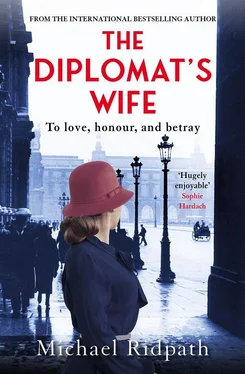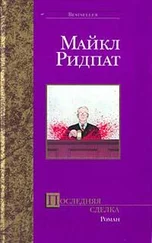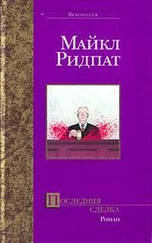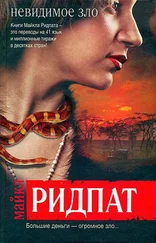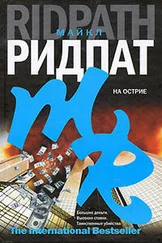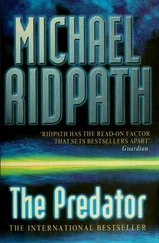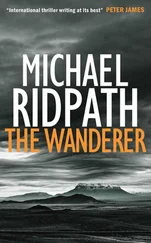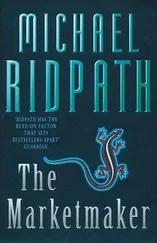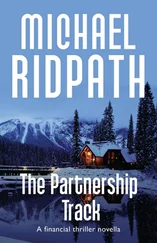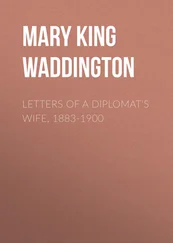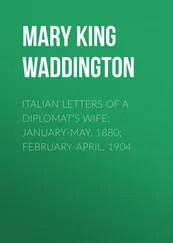And if that’s what the Soviets did to the kulaks, think what they had done to the landowners. Like us.
But that wasn’t the point! I had to recognize I was being brainwashed by my class when I should be worrying about the people, the masses.
‘Is it because you are applying for the Foreign Office?’ I asked. ‘You don’t want them to think you are a communist?’
‘That may be part of it,’ Hugh said. ‘I knew you would be upset. You don’t have to change your mind.’
‘Why? Because it’s all right if I am naive?’
‘No. Because it’s all right if you make up your own mind. It might even be a good thing.’
That last comment stung me, and I spent the whole time until dinner stewing. It stung because it was true. I was and always had been totally dependent on Hugh for my education, and hence for my opinions. So I agreed with him. Probably always. Which, as he said, was probably not a good thing.
But what choice did I have? My parents had refused to allow me to go to school. Although he never came right out and said it, my father seemed to think that money spent on educating girls was money wasted. My mother seemed to think it was positively harmful, especially for me. She was suspicious of my reading, of my love of learning new languages, of the awkward questions I had been asking people since the age of five. She lived in fear of me becoming a ‘bluestocking’, one of those females to be pitied who went to university, scared off eligible men and reached premature old maidenhood at thirty. Sarah was my mother’s model of what a young woman should be: witty, charming, well dressed, an excellent horsewoman, capable of conversing with anyone, but unburdened with too much education. Sarah had made a fine marriage.
Why couldn’t I be more like Sarah?
I often wondered that myself. I loved my sister, and I agreed with my mother that she was a great catch for the lucky Lord Tubby. But I was different. Hugh understood that.
Hugh was my window on the world of ideas. He brought them back with him from school or university, smuggled them into the house and unpacked them to show to me. Poetry — Kipling at first, then Hardy and Swinburne, and now Brooke, Eliot, Yeats and Pound. Literature — Dickens, Tolstoy, Dostoevsky, Hugo, Zola; and then Bloomsbury: Woolf, Forster, Strachey — some of whom Hugh had actually met. He brought me languages, economics, history, even physics.
It wasn’t just Hugh, it was also my grandfather, whom I barely remembered, but who had stocked our wonderful library with many of the tools I needed to follow where Hugh led.
In Hugh’s second year at Cambridge, he had become interested in socialism and then communism. So I had read Marx and Engels, articles by Lenin, and The Intelligent Woman’s Guide to Socialism and Capitalism by George Bernard Shaw. I read about the General Strike, the breakdown of capitalism in 1929, the Hunger Marchers from Jarrow, the rise of Mussolini in Italy and Hitler in Germany. I shared my brother’s anger at all this. I wanted to do something about it — but stuck in Devon I didn’t know what I could do, apart from read and learn.
And now he tried to tell me it was all naivety.
I felt betrayed. I felt angry. I felt used.
It wasn’t just that. I felt that a bond between me and my brother had snapped. Until that moment, he and I were two young twentieth-century right-thinking rebels together in a nineteenth-century household of obsolete aristocrats. Now there was just me.
I felt abandoned.
I slunk off to the library until it was time to change for dinner. I was late to the drawing room to welcome our guests, Sir Ivor and Lady Growcott, who lived about ten miles away, and Roland Meeke, a diplomat who had taken a cottage on the estate for a couple of weeks to go hunting. The purpose of the dinner was ostensibly to introduce Mr Meeke to the Growcotts, but was of course really to introduce him to Hugh. The scheme had been cooked up by Mama, who had urged Mr Meeke to come down to Devon, tempting him with the use of one of our hunters, in the hope of helping her son become a diplomat.
The Growcotts, affable gentry pushing sixty, I had known since childhood, but I had never met Mr Meeke before. The first thing I noticed was how dark he was: black hair, black eyebrows, deep brown eyes, even his skin was an unseasonable shade of brown. He was about the same height as Hugh, but whereas my brother was broad of shoulder and face, Mr Meeke was slim: narrow face, thin fingers, delicate gestures.
And charm. Oodles of effortless charm.
It was quite difficult to charm me in those days, and Mr Meeke didn’t seem to try. We were seated next to each other at dinner. I was curious about a diplomat’s life, a curiosity springing from those hours of conversation with my friend Edwina, and Mr Meeke did not disappoint. He came from a diplomatic family; like Edwina his father had been an ambassador — he’d served in Vienna and Brazil. Mr Meeke’s first posting had been to Prague and, after a couple of years in Whitehall, he was about to head off to the embassy in Paris. He had a couple of weeks’ leave before he went, and he wanted to get in some foxhunting.
Before I knew it, I had agreed to ride around the estate with him the next morning.
‘Do you think the Schutzbund will succeed against Dollfuss?’ I asked him.
Mr Meeke blinked at the sudden change of subject, a small smile flickering beneath his narrow moustache.
‘I think the socialists are falling into a trap,’ he replied. ‘Dollfuss is provoking them so that he can come down hard on them. It will give him an excuse to lock up their leaders and ban the socialist parties.’
‘Do you approve of Dollfuss?’
‘No. But I don’t approve of the Schutzbund either.’ We spent several minutes discussing the details of Austrian politics, before Lady Growcott ‘rescued’ him. I am sure that’s what she thought she was doing, although it seemed to me that Mr Meeke was interested in my opinions, even if they were gleaned from no more than a careful daily reading of The Times . But perhaps he was just being charming.
‘Did you see Bettinson, Hugh?’ Papa asked his son.
‘Yes, I did, as a matter of fact,’ Hugh replied. ‘He gave me luncheon at the Carlton last week.’
Sir Patrick Bettinson was an MP for a constituency in the north of the county.
‘And?’
‘He’s offered me a post as his secretary until the FO exam results. And I think he’ll keep me on if I need to retake.’
‘Good man, Bettinson,’ said Sir Ivor. ‘You can learn a lot from a fellow like that, Hugh.’
‘That’s what I thought,’ said Hugh.
‘You didn’t take the job?’ I asked. I sounded more horrified than I meant to, but less horrified than I felt.
Hugh looked at me uncomfortably. ‘Yes. I did.’
‘Excellent!’ said Papa. ‘Ivor’s right. You can learn a lot from Bettinson. Do you know Sir Patrick, Mr Meeke?’
‘But Sir Patrick is a Conservative!’ I interrupted, before Mr Meeke had a chance to answer.
‘And the Conservatives are in power,’ said Mama, glaring at me. ‘Or the National Government is, which is pretty much the same thing.’
‘Hugh!’ I beseeched my brother. ‘I know you told me you had changed your mind about politics, but you said you were still a socialist. Bettinson’s a dinosaur. He should be extinct! You can’t possibly work for him.’
Hugh’s expression of discomfort turned to pain. ‘If I am going to represent my country abroad, I am going to have to represent the government, whatever their political persuasion. Working for Sir Patrick will help that.’
Something inside me snapped. I profoundly disagreed with Hugh, but it wasn’t that which ignited my anger, or not just that. It wasn’t even that Hugh had betrayed me, although by now I believed he had. It was that my brother had shown himself to be a weaker man than I had always believed him to be. He was a hypocrite, a moral coward. The most important person to me in the world had let me down, and I didn’t like it one bit.
Читать дальше
